When you start yoga teacher training you begin a big change in your life. It is not just a class. It is a complete body and mind experience. You will work hard. Your initial week of yoga teacher training may be challenging and you should be aware of what to feel both emotionally and physically. You will feel many emotions. The week one is just a beginning yet it defines the entire experience. It is natural to be sated, excited, nervous and full of energy at the same time. Your First Week in Yoga Teacher Training which is a course to train to become a certified yoga teacher.
What to Expect Emotionally for Yoga Teacher Training?
To most people, yoga teacher training YTT means not only a physical process of experience but a deep emotional and mental process, as difficult as it is, enriching. The initial week may become a kind of strong initiation, arousing a multitude of emotions, such as feeling overwhelmed and doubting oneself, and having immense joy and a great feeling of vulnerability.
Starting a new chapter in life can be challenging, and it’s important to know what to Expect Emotionally & Physically. A new yoga instructor can be a nervous and excited person who is ready to begin leading people. Just as you sink into extreme study of yogic philosophy and introspection, you will soon discover that the process takes away all the layers of the ego and ushers you into the realm of mighty self-discovery and community connection.

Mental and emotional overwhelm
There is the firehose of new information, Anatomy and philosophy as well as Sanskrit and the way to teach, all of which can be overwhelming. It is natural to feel that your brain is stretched to its limits. Releasing feelings and being vulnerable. Yoga and meditation are intensive practices that may help to bring down covered emotions and memories. As you work through old feelings, it is not unusual to feel weak and even experience sudden breakdowns.
Self-doubt and impostors syndrome
One of the pitfalls is comparing yourself to the other trainees. You might wonder whether you are good enough, flexible enough or knowledgeable enough to be a teacher. Recall that all people have their way and that development occurs when one is uncomfortable.
Confronting your ego
The de-expectationalizing and adopting of the not-knowing may be a painful experience to the ego. The training will push you to overcome the perceived limitations. Connecting and identifying with the rest of the trainees. It is also a strong bond to share such an intense experience with other people. You will find many good friends in an eclectic mix of individuals who are like you, going through the same self-exploration phase.
Read Post:- 100 Hour Yoga Teacher Training in Rishikesh
What to Expect Physically YTTC?
The body that you have is about to undergo a process of change like no other. The initial week of yoga teacher training (YTT) is a profound experience into the physical practice as it puts you out of your comfort zone and offers you not only intense challenges but also unexpected pleasant surprises. Understanding what to Expect Emotionally & Physically can help reduce stress and build resilience.
This guide will assist you in knowing what to anticipate as an emotional and physical person with regard to your yoga journey. You will get new and exalted physical activity, a symphony of pain and aches in muscles that you would not have imagined to exist and the call to pay attention to the needs of the body. Yoga certification will show that you are skilled to teach yoga safely and confidently.
_1761473503.jpg)
Extreme body exhaustion and aches
Asana (physical posture) practice is much more extensive in most YTT programs, which can be as many as two times a day. The amount of yoga by itself, even with a regular practice, will stretch your boundaries, resulting in tight, stiff, and sore muscles.
Pain in strange locations
This is a long distance, not a short distance. You can be aching in muscles that you never thought to had, as you will be putting your body to new and challenging demands. Emotional and physical awareness of what is to come can make your yoga teacher training enjoyable. Always remember to listen to your body to prevent injury by changing poses.
The meditative flow can be evasive
The psychological silence that accompanies a usual yoga session can be challenging to locate at first for many. You can be distracted by rivulets of sweat, or learning anatomy, or just the fact that your body is getting used to the new level of intensity.
Higher flexibility and strength
Although it might break your heart at first, it will not take long before your body gets used to it. By the end of the first week, you can expect small-scale yet significant developments in your flexibility and strength because you should be more aware of your physical potential. Being aware of what to Expect Emotionally & Physically allows you to prepare better and stay grounded.
How to Navigate your First Week?
- Listen to your body: It is good to change poses, rest, and also heed the signals of your body. Overworking also results in injury.
- Set an intention: Get yourself to remember the reason why you began this journey and take a look back at that purpose when you find yourself bogged down or feel like you are overwhelmed.
- Practice self-care: Take a lot of rest, drink plenty of water and consume nutritious foods. Give time to yourself to process the experience.
- Get in touch with your teachers: Your teachers have most probably gone through the same experience and they are there to help you. There is nothing to be afraid of in expressing your plight.
- Journal your thoughts: Noting down your experiences has the potential to make you assimilate the emotions and knowledge that you are receiving.
- Accept the process: It is important to keep in mind that the pain of growth is not a bad omen. Patience and optimism are to be observed when approaching yourself and your difficulties that will make you a better teacher and person. Teacher training intensive is a brief intensive course to study yoga teaching fast.
Also Go Through:- 200 Hour Yoga Teacher Training in Rishikesh
Final Thoughts
It is quite an accomplishment to complete the initial week of yoga teacher training and it is the beginning of an intense and a very personal process. Although the first fatigue, discomfort and overload of information might seem terrifying, they are all the parts of the journey of getting rid of old habits and creating the space where the new growth will occur. You may also wonder, should I teach yoga training? in case you love yoga and you wish to teach. Such intense training is a strong body-mind-soul more with a lot more physical, mental and spiritual strength.
Questions and Answered
1. Keep the fluids up and stretch before sleep.
2. In the case of long lectures use cushions or bolsters to cushion your joints and back.
3. Do not measure your flexibility with that of others.
1. It is important to remember that everybody began somewhere and they feel the same way.
2. Pay attention to your personal development and do not compare yourself with other people.
3. It is a skill that cannot be taught perfectly, but through practice.
2. Jot down notes to digest your ideas and fix what you study.
3. Break big goals into small, achievable tasks, such as working on a single pose or a single concept.
4. Share with your peers and teachers because chances are high that they are going through the same.

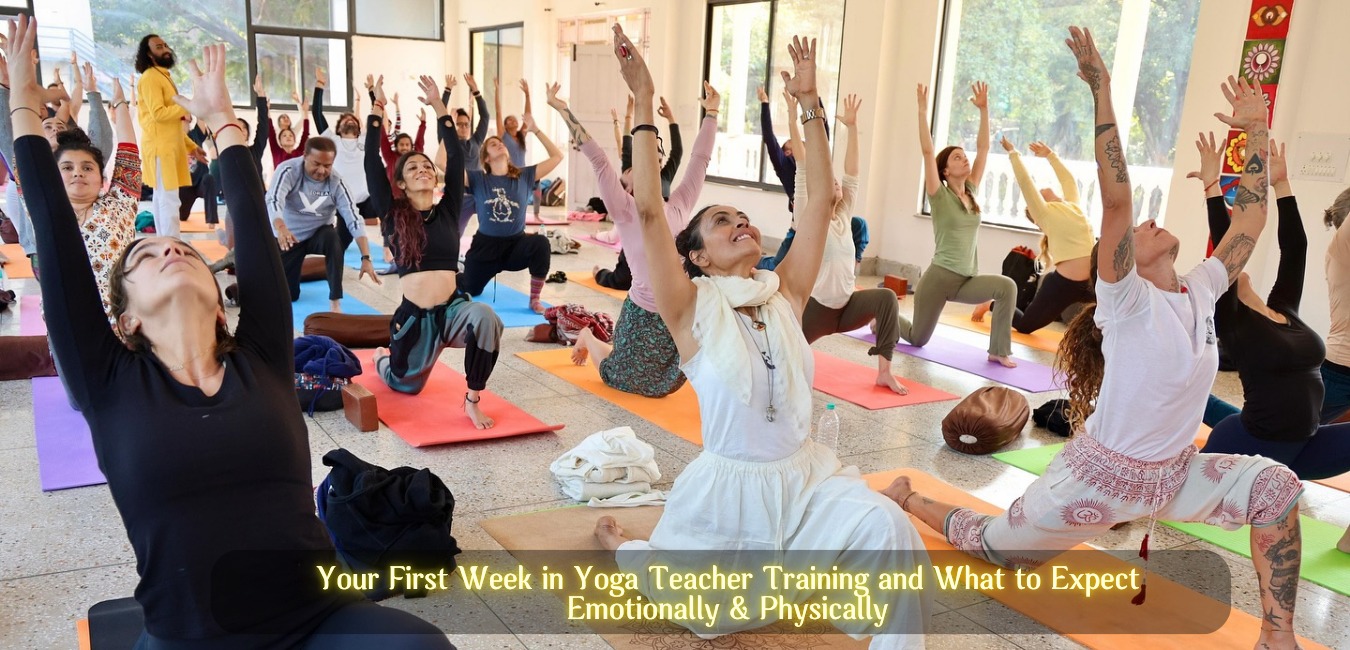







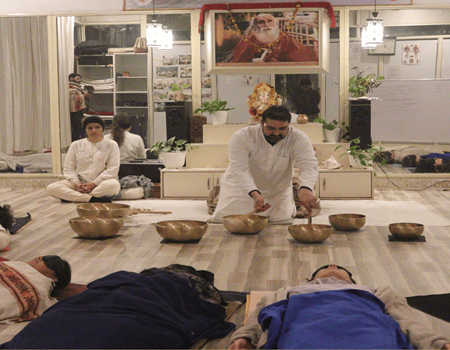


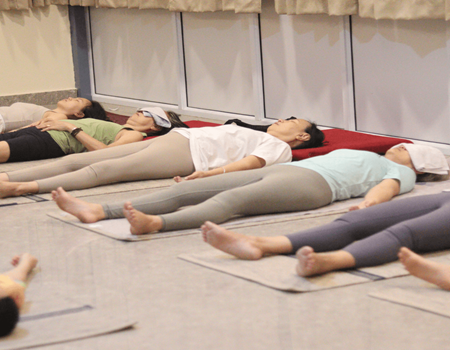
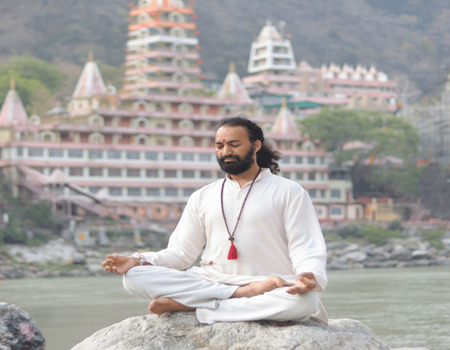


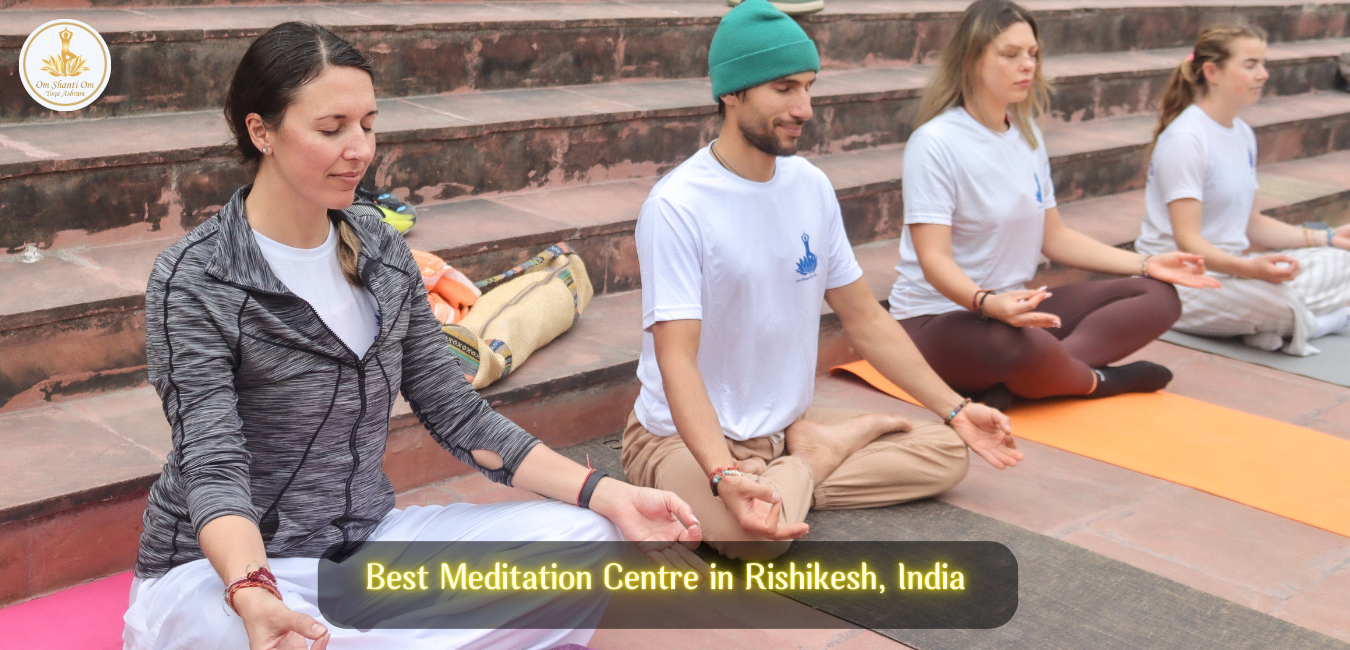


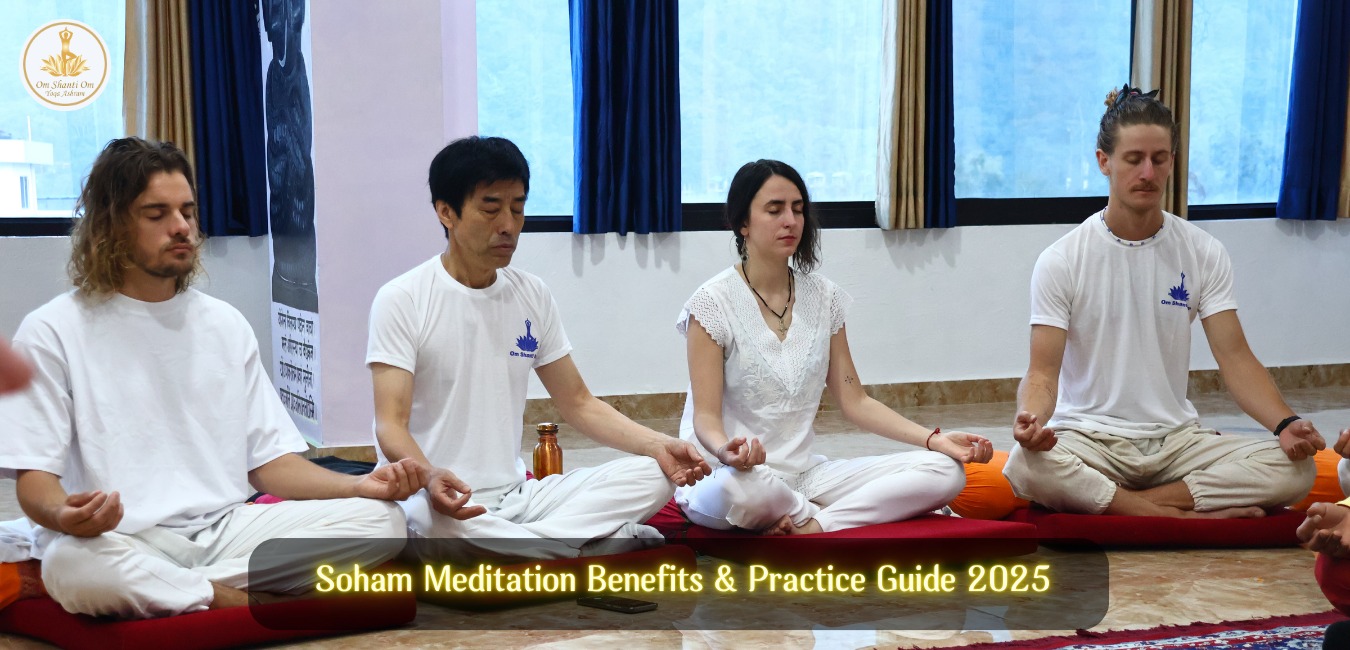




0 Comments
No comments yet. Be the first to comment!